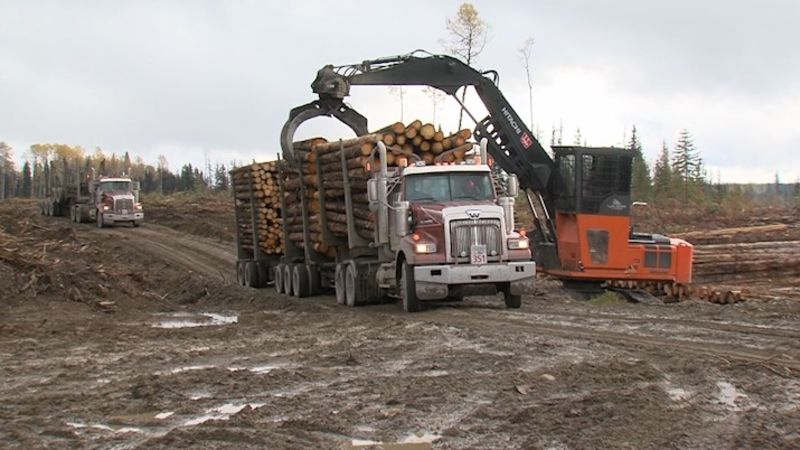
Canfor decision hastens questions around tenure
PRINCE GEORGE – It has been a tough week for more than five hundred Canfor employees between Vanderhoof and Fort St. John, with the forestry giant announcing the permanent closure of those operations. It elicited some immediate demands from many corners about one thing: Tenure and the return of it to the Province.
“The reality is they’re divesting our region,” says advocate James Steidle. “They’re taking these mills out. They’re shutting down mills or selling off the sawmills. So I think we need to call their bluff and say, ‘Hey, listen, once you get rid of these sawmills, you don’t have access to the timber anymore.’ A lot of other tenures of Crown land, like for range tenures, if you stop using that range tenure, you lose it.”
